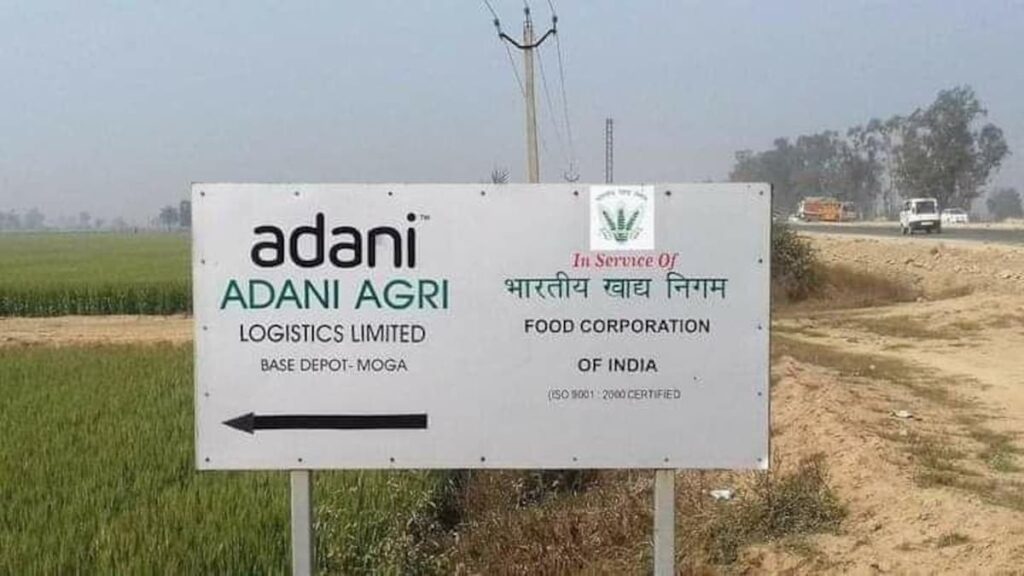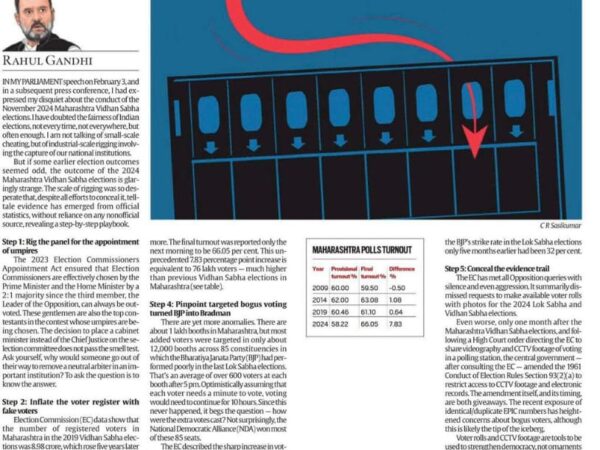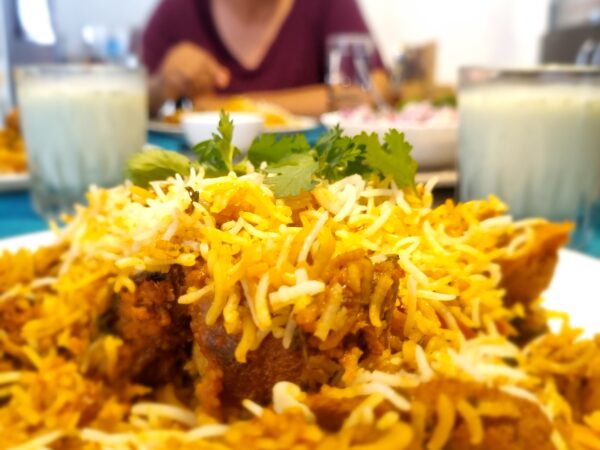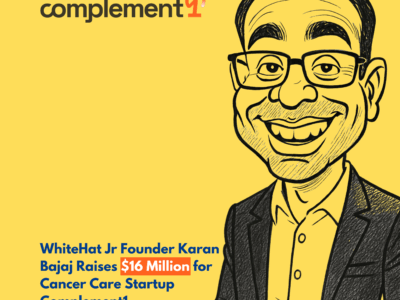
This post is apropos the news that Adani has negotiated a deal with the Food Corporation of India (FCI) wherein he shall store their grain (in this case, wheat) for them, and if the price of that grain is below Minimum Support Price (MSP, the price declared by the government at which they will acquire the grain from the farmers), the FCI will pay him Rs.5 Crore rent while if the price rises, he is free to sell it in the open market and reimburse the FCI only to the tune of the MSP. That means that this is a win-win for him and a lose-lose for the FCI, and consequently, the country. And now that the prices of wheat are touching the sky, Adani is invoking this clause to make hay, so to say, when the sun is shining.
I have always lobbied for the state building, maintaining, and controlling strategic assets like dams or telecom or railways or even food storage silos.
My extreme capitalist friends (almost hardcore libertarian anarchist in their approach, as opposed to the gentler and kinder Nordic democratic welfare state model that I tend to lean toward) keep telling me that the state is the worst manager of resources. It is inefficient almost by design and must be privatised.
What would happen, I ask, if there is a true national emergency and we need the use of our strategic assets in a hurry?
The answer has always been, ‘How long do you think it takes to declare that you have nationalised something? When you need the resource, nationalise it. No one’s stopping you!’
Now, prima facie, this sounds like a workable idea: In regular times, let private capital build, run, and own everything, and the government can be one of the buyers of its services and products, just like the rest of the citizens. The government provides the regulatory framework within which everything functions and all is well in Adam Smith’s land. Whenever there is a danger to the nation and we need the use of those assets, and should the capitalists refuse to let us use them, we can simply snatch them from these entrepreneurs and let the nation utilise them.
Simple? Not really.
Other than the obvious ethical issues of the state snatching something away at its whim, my main point is this: If there does come a time when the state issues a diktat that such and so asset now belongs to the people and the real owner can go take a flying fuck, how really would you, the very people who were championing that this be the case, respond?
Because at this time, I can make a case to nationalise the food silos belonging to Adani, especially the ones that store wheat. So, what do you say, my friends? Should we?
P.S: Whether we can or not is another matter, because this government itself is owned by Adani in partnership with Ambani. But the hypothetical question I am asking is that if the government were to seize those assets claiming them to be strategically important to avoid a famine and runaway inflation which may lead to social unrest and breach of peace, how would you self-confessed extreme capitalists react?



















